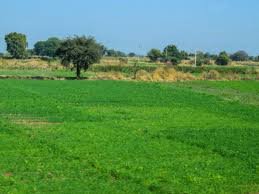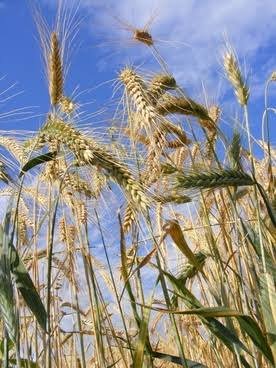The agricultural since
sciences dealing with food and fibre production and processing. They include the technologies of soil cultivation, crop cultivation and harvesting, animal production, and the processing of plant and animal products for human consumption and use.
Food is the most basic human need. The domestication and cultivation of plants and animals beginning almost 10,000 years ago were aimed at ensuring that this need was met, and then as now these activities also fit with the relentless human drive to understand and control the Earth’s biosphere. Over the last century and a half, many of the world’s political leaders have recognized what India’s Jawaharlal Nehru did, that “Most things except agriculture can wait.” Scientific methods have been applied widely, and the results have revolutionized agricultural production. Under the conditions of prescientific agriculture, in a good harvest year, six people can produce barely enough food for themselves and four others. Advanced technologies have made it possible for one farmer in the United States, for example, to produce food for more than 100 people. The farmer has been enabled to increase yields per acre and per animal; reduce losses from diseases, pests, and spoilage; and augment net production by improved processing methods.
Hi! I am a robot. I just upvoted you! I found similar content that readers might be interested in:
https://www.britannica.com/science/agricultural-sciences